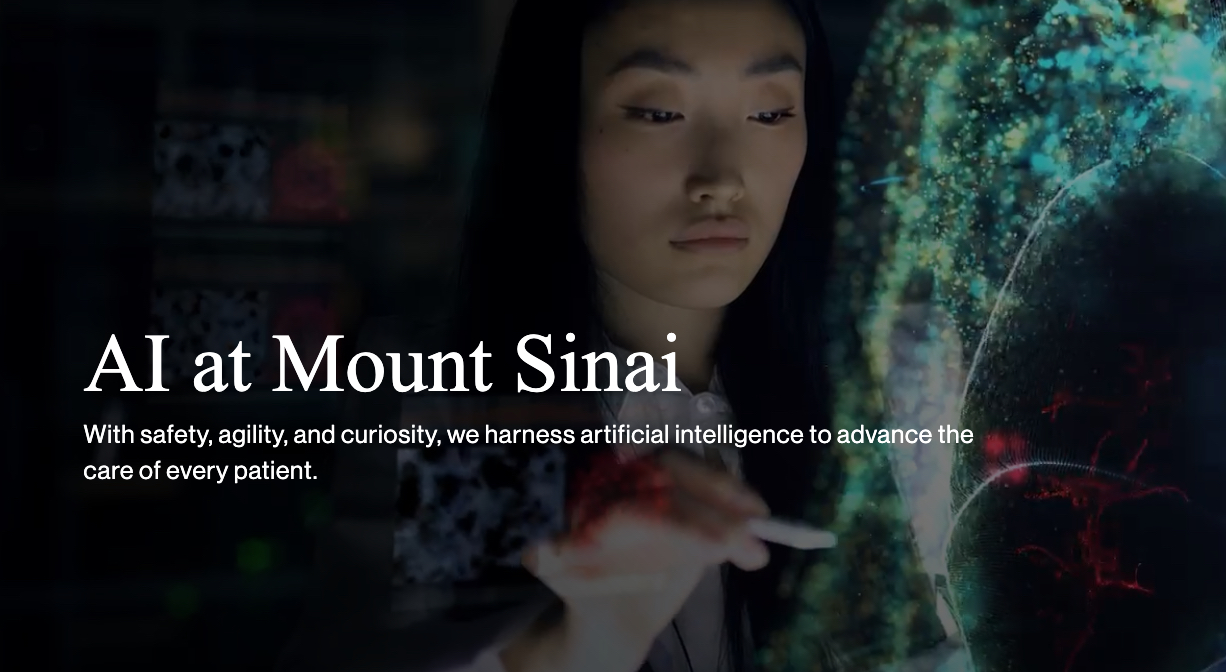
What You Should Know:
– Researchers at the Icahn School of Medicine at Mount Sinai have developed a new method using artificial intelligence (AI) and routine lab tests to determine the likelihood that a patient with a rare DNA mutation will actually develop a disease.
– The concept is known in genetics as penetrance. The findings were published in the August 28 online issue of the journal Science.
A More Accessible Approach to Genetic Risk
Traditional genetic studies often use a simple yes/no diagnosis to classify patients, but many diseases, such as high blood pressure, diabetes, or cancer, do not fit into these binary categories. The Mount Sinai researchers trained AI models to quantify disease on a spectrum, which offers a more nuanced view of how disease risk plays out in real life.
The research team set out to solve this problem by using AI and real-world lab data, such as cholesterol levels and blood counts, which are already part of most medical records. According to Dr. Ron Do, senior study author and the Charles Bronfman Professor in Personalized Medicine at Mount Sinai, this new method is a “much more nuanced, scalable, and accessible way to support precision medicine”. He added that it is especially useful when dealing with rare or ambiguous findings.
Research Approach/Protocol
Using more than 1 million electronic health records (EHRs), the researchers built AI models for 10 common diseases. They then applied these models to people with rare genetic variants to generate a “ML penetrance” score between 0 and 1 that reflects the likelihood of developing a disease. A higher score, closer to 1, suggests a variant may be more likely to contribute to the disease, while a lower score indicates minimal or no risk.
Some of the results were surprising, according to the investigators, as variants previously labeled as “uncertain” showed clear disease signals, while others thought to cause disease had little effect in real-world data.
Dr. Iain S. Forrest, lead study author, noted that while the AI model is not meant to replace clinical judgment, it could potentially serve as an important guide when test results are unclear. For example, a high score for a variant associated with Lynch syndrome could trigger earlier cancer screening, while a low score could help avoid unnecessary worry or overtreatment.
AI Model Expansion Plans
The team is now working to expand the model to include more diseases, a wider range of genetic changes, and more diverse populations. They also plan to track how well these predictions hold up over time and whether early action can make a difference.
This work was supported in part by the following grants: National Institute of General Medical Sciences of the National Institutes of Health (NIH) (T32-GM007280); the National Institute of General Medical Sciences of the NIH (R35-GM124836); the National Institute of Diabetes and Digestive and Kidney Diseases (U24-DK062429); the National Human Genome Research Institute of the NIH (R01-HG010365); the National Institute of General Medical Sciences of the NIH (R35-GM138113); and the National Institute of Diabetes and Digestive and Kidney Diseases (U24-DK062429).


